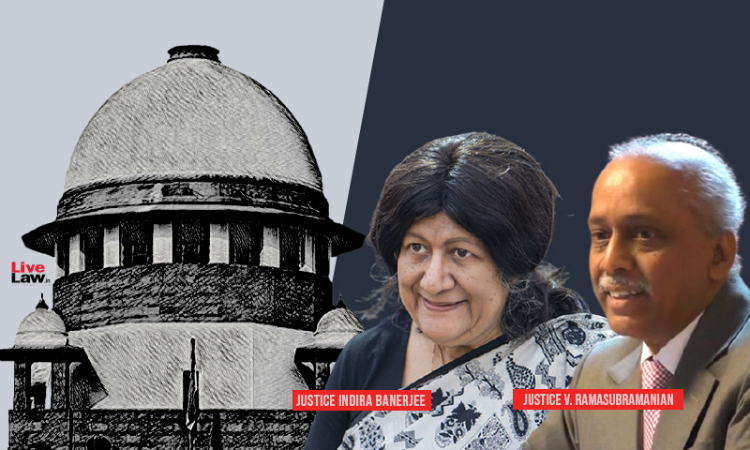Wilful Breach Of Undertaking Given To Court Is Contempt: Supreme Court
LIVELAW NEWS NETWORK
9 Aug 2021 6:45 PM IST

Next Story
9 Aug 2021 6:45 PM IST
The Supreme Court observed that the wilful breach of the undertaking given to the Court can amount to Contempt under Section 2(b) of the Contempt of Courts Act. An undertaking given by a party should be seen in the context in which it was made and (i) the benefits that accrued to the undertaking party; and (ii) the detriment/injury suffered by the counter party, the bench comprising...
